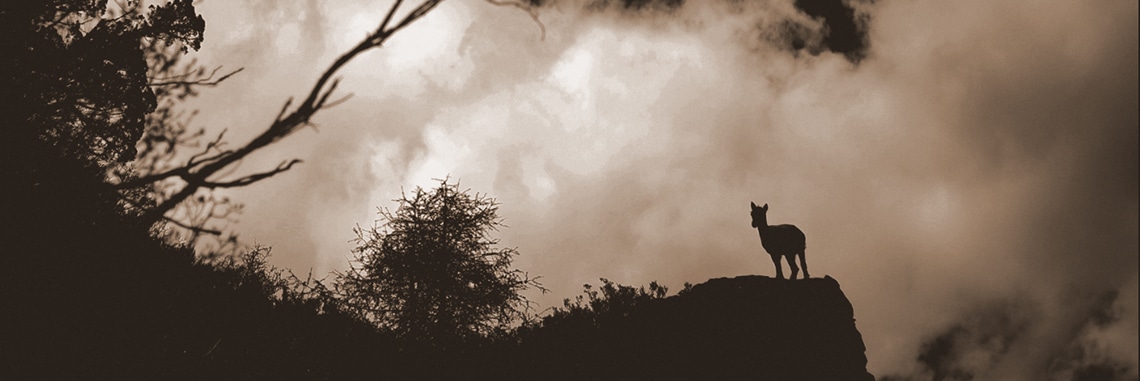
Choosing Love in a Time of Evil
How Do We “Save” the World?
Sunday, May 16, 2021
The Divine Mind transforms all human suffering by identifying completely with the human predicament and standing in full solidarity with it from beginning to end. This is the real meaning of the crucifixion. The cross is not just a singular event. It’s a statement from God that reality has a cruciform pattern. Jesus was killed in a collision of cross-purposes, conflicting interests, and half-truths, caught between the demands of an empire and the religious establishment of his day. The cross was the price Jesus paid for living in a “mixed” world, which is both human and divine, simultaneously broken and utterly whole.
In so doing, Jesus demonstrated that Reality is not meaningless and absurd, even if it isn’t always perfectly logical or consistent. Reality is filled with contradictions, what St. Bonaventure and others (such as Alan of Lille and Nicholas of Cusa) called the “coincidence of opposites.”
Jesus the Christ, in his crucifixion and resurrection, “recapitulated all things in himself, everything in heaven and everything on earth” (Ephesians 1:10). This one verse is the summary of Franciscan Christology. Jesus agreed to carry the mystery of universal suffering. He allowed it to change him (resurrection) and—it is to be hoped—us, too. Christ frees us from the endless cycle of projecting our pain elsewhere or remaining trapped inside of it.
This is the fully resurrected life, the only way to be happy, free, loving, and therefore “saved.” In effect, Jesus was saying, “If I can trust it, you can too.” We are indeed saved by the cross—more than we realize. The people who hold the contradictions and resolve them in themselves are the saviors of the world. They are the only real agents of transformation, reconciliation, and newness.
These “saviors” exist in every period of time and in every faith tradition. At times they exist even with no “faith” at all, beyond a consciously held belief that solidarity with all of life is, in fact, the meaning of life. For whatever reason, such people agree to share the fate of God for the life of the world now. These people feel called and agree to not hide from the shadow side of things or the rejected group, but in fact draw close to the pain of the world and allow it to radically change their perspective. They agree to embrace the imperfection and even the injustices of our world, allowing these situations to change them from the inside out, which is the only way things are changed anyway.
The Gospel is simply the wisdom of those who agree to carry their part of the infinite suffering of God. It must be recognized that many non-Christians fully accept this vocation with greater freedom than many Christians. This week, we will be focusing on people, both Jewish and Christian, who chose to act out of solidarity and compassion during the genocidal evil of the Holocaust, what many Jewish people refer to as the “Shoah” or “catastrophe.”
Reference:
Adapted from Richard Rohr, The Universal Christ: How a Forgotten Reality Can Change Everything We See, Hope for, and Believe (Convergent: 2021, 2019), 147–148.
Story from Our Community:
Coming face-to-face with natural evil has caused me to feel at the mercy of an unfriendly universe—one out of control and without any center of gravity. I regained my spiritual wings by praying in total acceptance and surrender. Instead of striving for proper feelings or greater faith, I simply abide with Jesus on the Cross. Likewise, when I meditate on Jesus’ anxiety in the Garden of Gethsemane, I forget my own. Like the Christian mystics who emphasized unknowing, this can lead to a deeper faith, perhaps more ambiguous and mysterious, but ultimately more sustaining. —Gail B. A.

